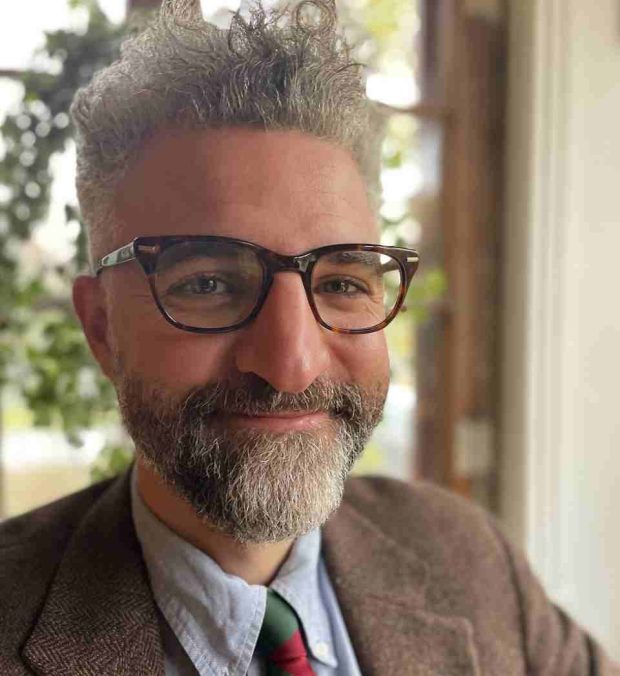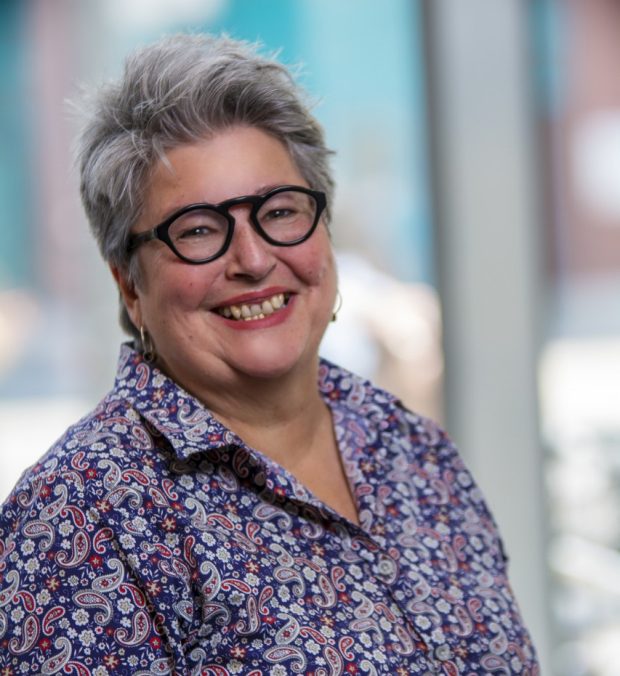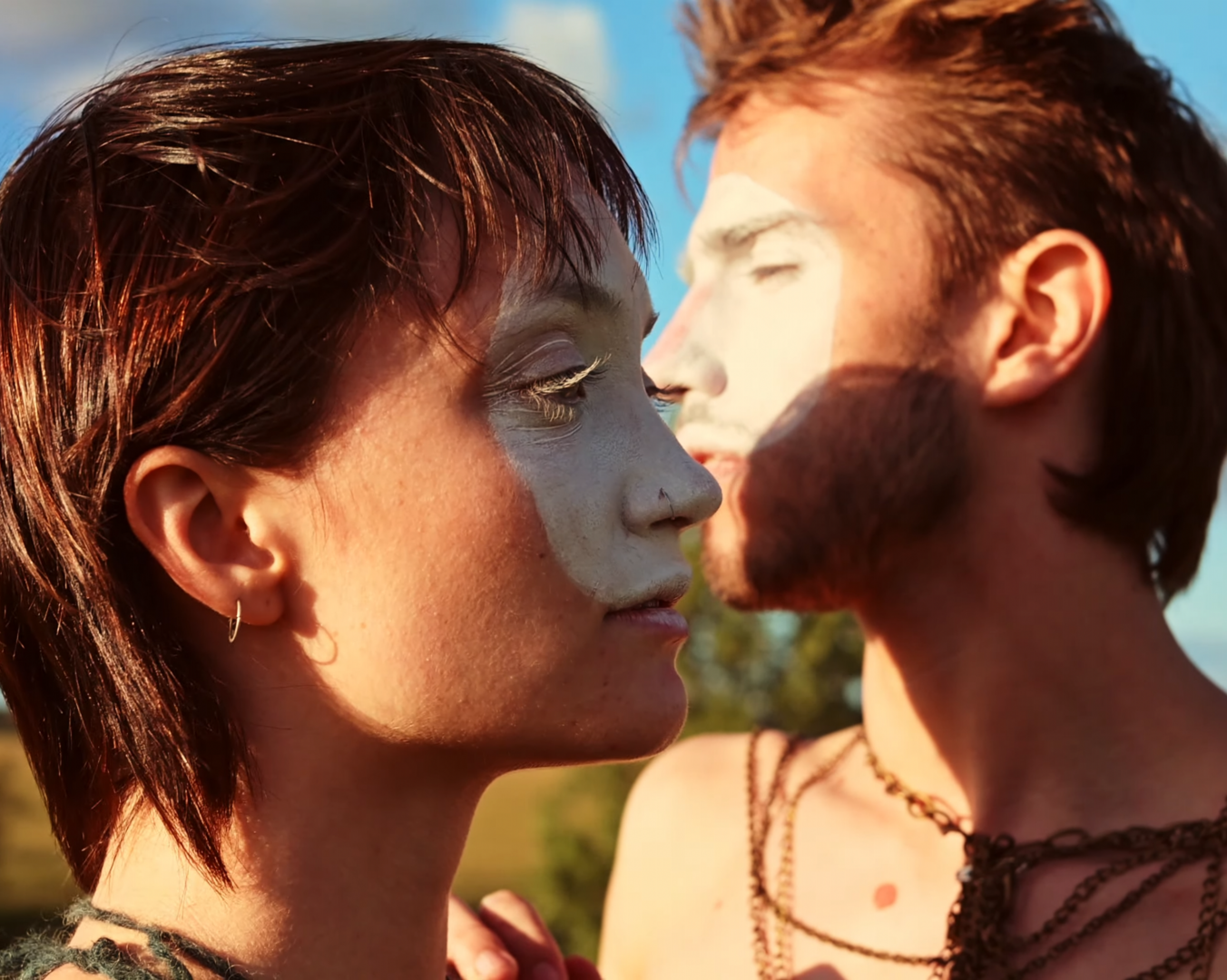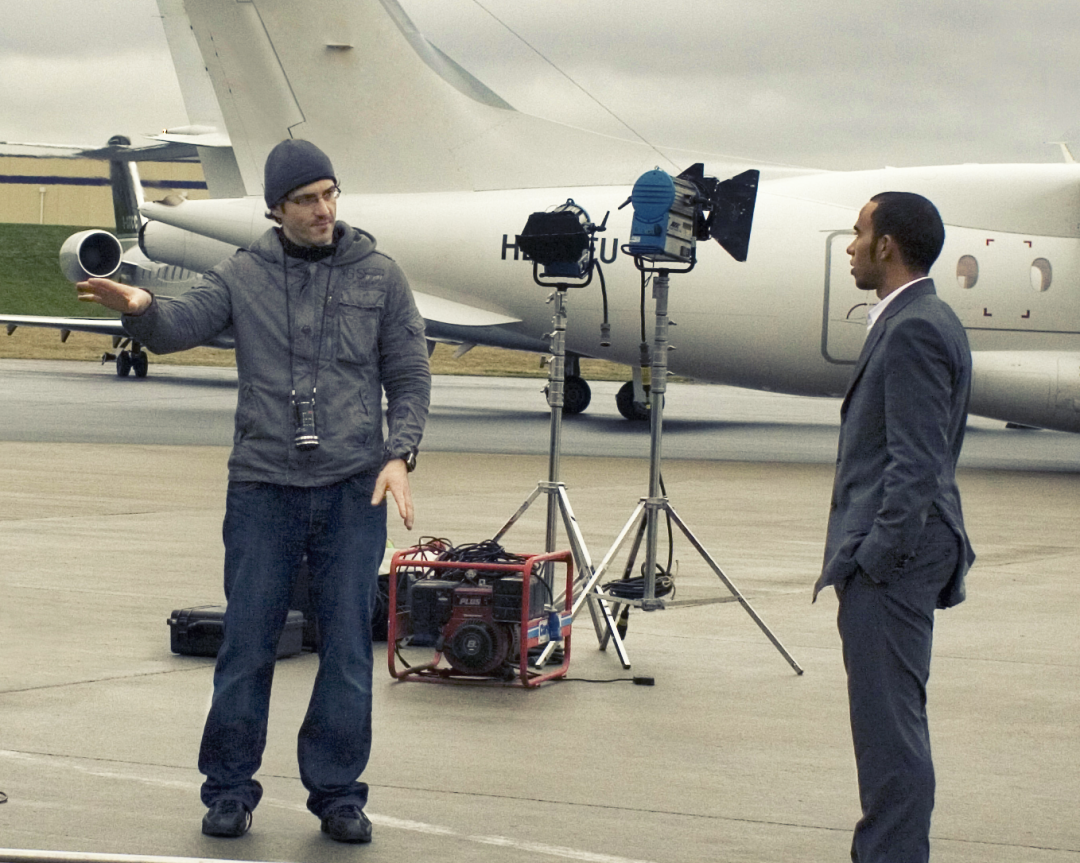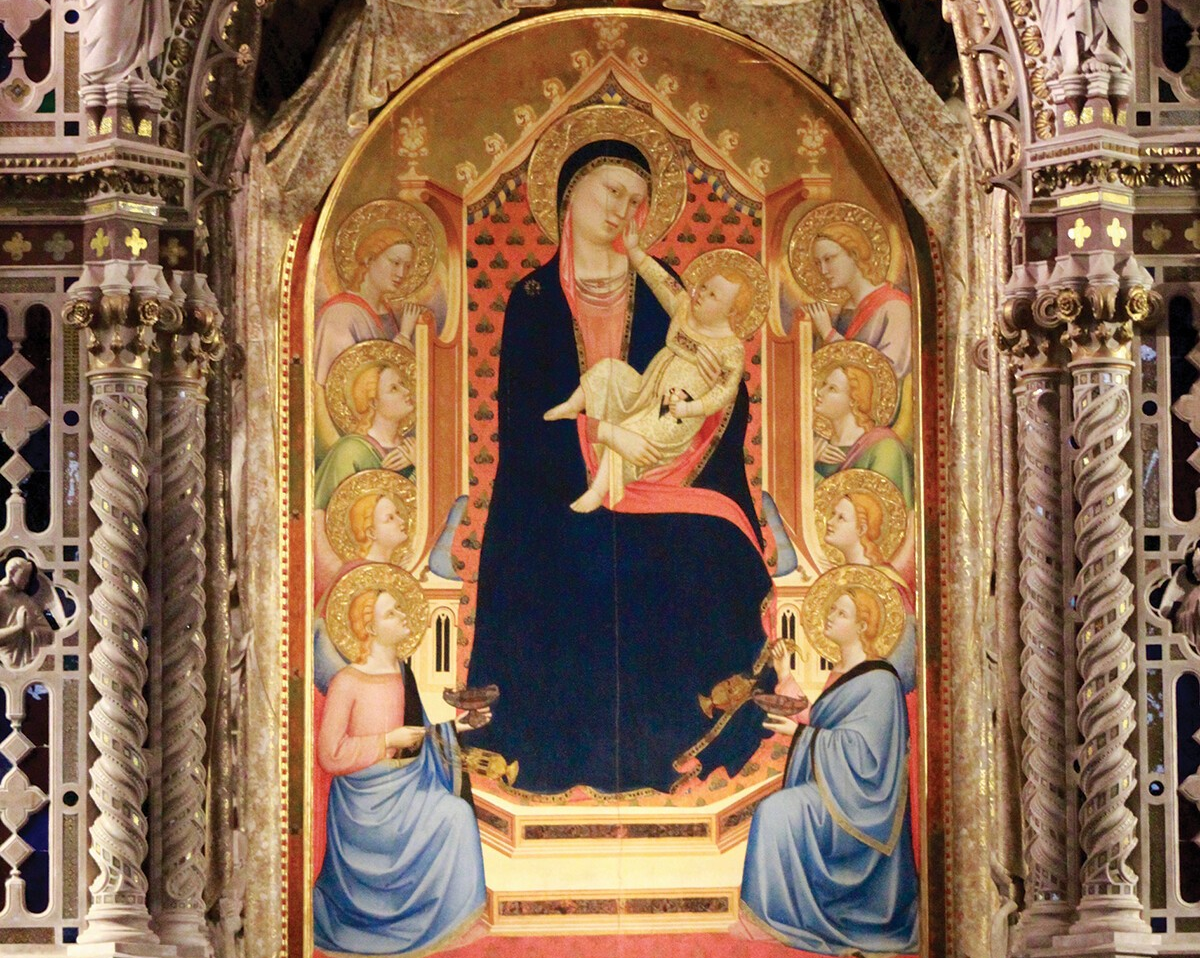ART HISTORY FOR THE 21ST CENTURY
Special funding for out-of-province students
Up to $4,000 for undergraduate programs.
Up to $10,000 for Master's thesis programs.
Learn about historical, modern, and contemporary art forms. Discover craft, fashion, photography, architecture, design, and new visual technologies. Explore cross-cultural perspectives, Indigenous methodologies, gender and queer theory, and so much more. Study at Concordia and join the next generation of art historians, curators, and critics.
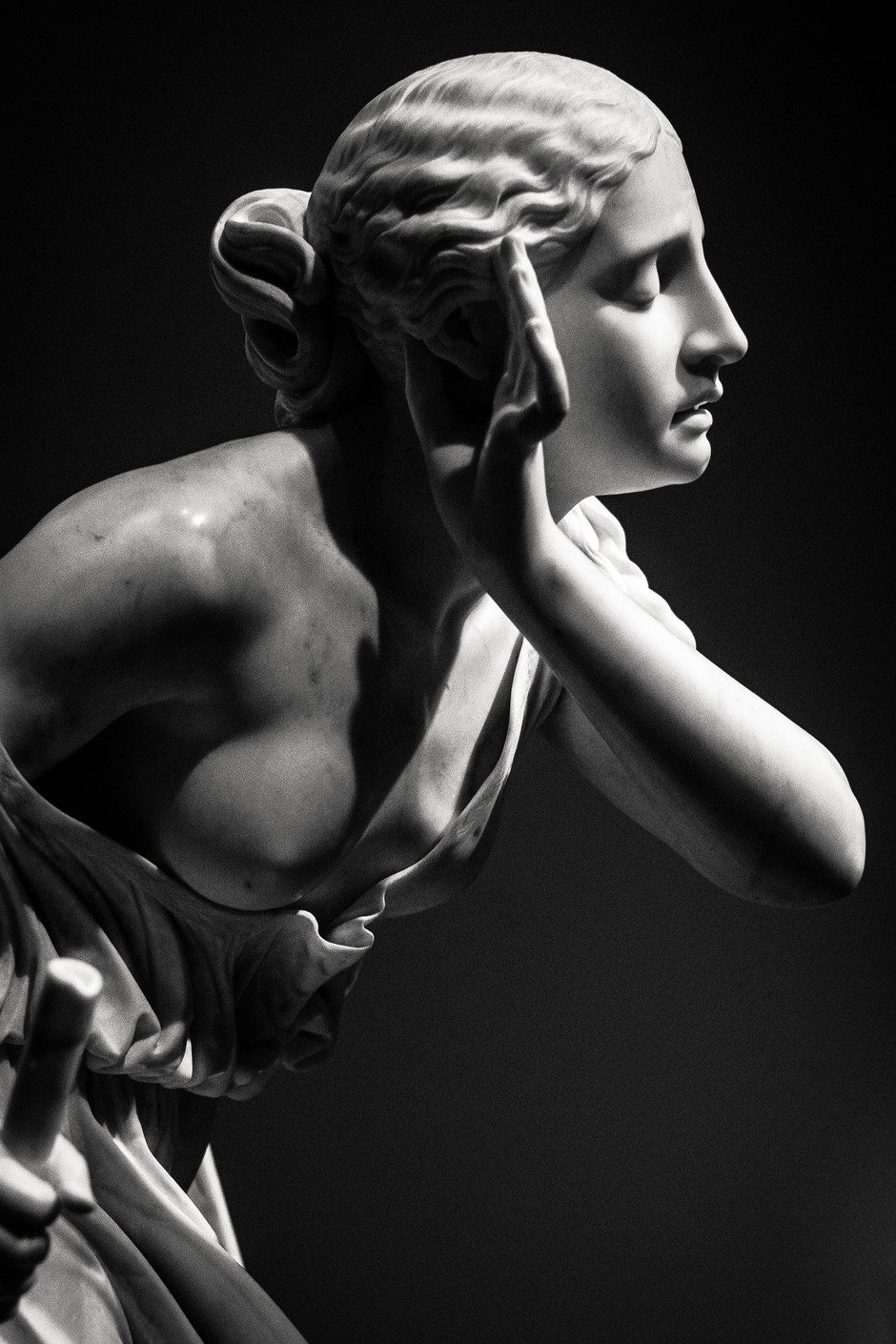
Photo by Zack Jarosz on Pexels
UNDERGRADUATE
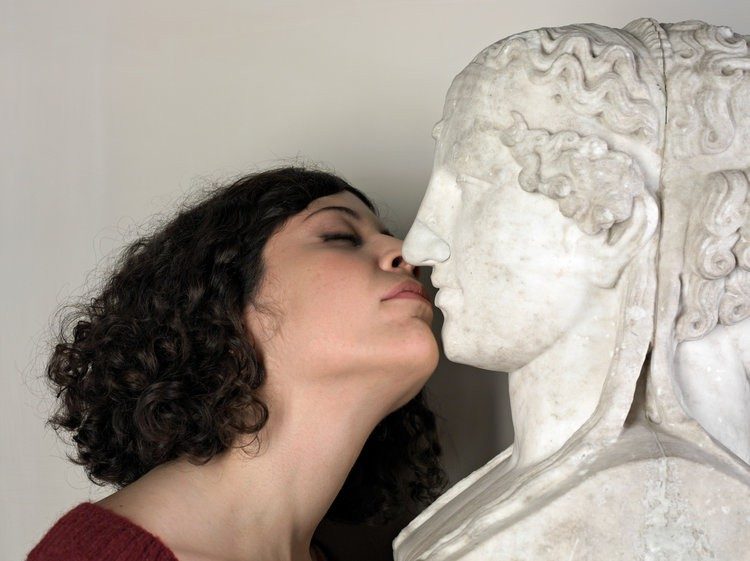
Adad Hannah, Aphrodite, 2008
Art History is interdisciplinary
Art History encompasses a study of sexuality, race and gender, business and economics, politics, culture and society. It depends on a vast array of theories and methods. What makes our department exciting and fairly unique is that professors’ research and the courses they offer explore a genuinely wide scope of topics and allow students to benefit from a broad understanding of what constitutes art in both historical and contemporary contexts.
Important dates
The first day of the Winter term is January 12. The DNE deadline is January 26 and the DISC deadline is March 23.
Spotlight on

Black Studies at Concordia
Art History is proud to be closely connected to the development of Black Studies at Concordia, including the launch of the new Black Studies Certificate. Art History professor Dr. Joana Joachim, Assistant Professor of Black Studies in Art History and Social Justice, was part of the steering committee for the program after it was developed, which brings together interdisciplinary approaches to Black histories, visual cultures, and social justice in Canada and across the Black diaspora.
Current undergraduate students
Events
Territorial Acknowledgement
We would like to begin by acknowledging that Concordia University is located on unceded Indigenous lands. The Kanien’kehá:ka Nation is recognized as the custodians of the lands and waters on which we gather today. Tiohtià:ke/Montréal is historically known as a gathering place for many First Nations. Today, it is home to a diverse population of Indigenous and other peoples. We respect the continued connections with the past, present and future in our ongoing relationships with Indigenous and other peoples within the Montreal community.


